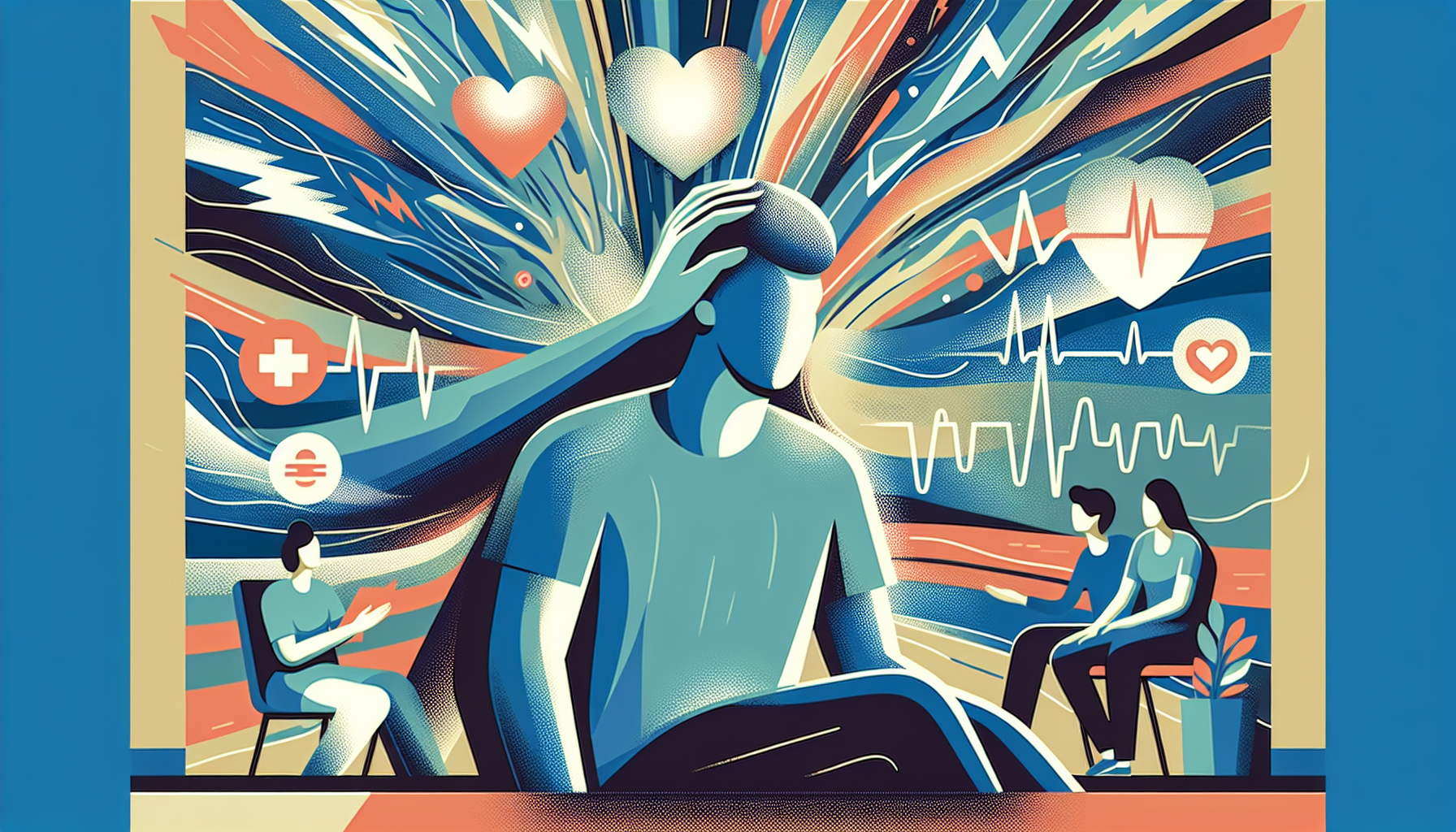Dizziness is a common sensation that can make you feel lightheaded, unsteady, or like the world is spinning around you. While it may be mild and short-lived in some cases, dizziness can also be severe and accompanied by other symptoms such as headaches and nausea. It's important to distinguish between different types of dizziness: room spinning (vertigo) versus feeling lightheaded or faint, as this can help identify the underlying cause. In this article, we'll explore the various causes of dizziness, its symptoms, and treatment options.
Common Causes of Dizziness
Several factors can contribute to dizziness, as your body's balance system relies on the coordination of your eyes, brain, inner ear, and nerves in your feet and spine. When one of these components is not functioning properly, you may experience dizziness. Some common causes include:
Inner ear problems, such as vertigo, infections, or Meniere's disease
Heart problems, including heart disease or a heart attack
Low blood pressure (hypotension)
Dehydration
Stress and anxiety
Certain medications
Motion sickness
Low blood sugar (hypoglycemia)
Concussions or traumatic brain injuries
Stroke
Symptoms of Dizziness
The symptoms of dizziness can vary depending on the underlying cause but may include:
Feeling like everything around you is moving or spinning (vertigo)
Lightheadedness or feeling like you might faint
Difficulty maintaining balance
Confusion or fogginess
Nausea
Treatment Options for Dizziness
Treatment for dizziness depends on the underlying cause. In some cases, dizziness may resolve on its own with simple measures such as lying down and sitting up slowly. However, if dizziness persists or is accompanied by other symptoms, it's essential to seek medical attention. Some treatment options may include:
Home Remedies
Staying hydrated by drinking plenty of fluids
Eating or drinking something with sugar if you have low blood sugar
Sitting in the front seat of a car or focusing on the horizon to alleviate motion sickness
Medical Interventions
Medications to treat underlying conditions such as ear infections or heart problems
Vestibular rehabilitation therapy for inner ear disorders
Lifestyle changes, such as reducing stress or avoiding triggers
It's crucial to seek emergency medical care if you experience dizziness after a head injury or if you have severe symptoms such as difficulty breathing, chest pain, or confusion.
When to Worry About Dizziness
While occasional dizziness that resolves quickly is generally not a cause for concern, frequent or prolonged episodes may indicate a more serious problem. Red flags for dizziness include:
Dizziness following a head injury
Frequent or prolonged episodes of dizziness
Dizziness accompanied by severe headaches, confusion, or vision problems
Numbness or weakness in your arms, legs, or face
Sudden onset of severe dizziness with difficulty speaking, weakness, or facial drooping (possible signs of stroke)
If you experience any of these red flags, it's essential to seek medical attention promptly.
In conclusion, dizziness is a common complaint with various potential causes, ranging from inner ear problems to heart issues and even stroke. By understanding the symptoms and causes of dizziness and distinguishing between spinning sensations and lightheadedness, you can take steps to manage your symptoms and seek appropriate treatment when necessary. If you have concerns about your dizziness, don't hesitate to consult with your healthcare provider for personalized advice and care.
For more information on dizziness and related topics, visit:
The Bottom Line
Most episodes resolve with proper hydration, slow position changes, and identifying underlying causes like medication side effects or inner ear disorders. Seek immediate care if accompanied by chest pain, severe headache, or neurological symptoms like weakness or speech changes. If you're experiencing persistent or concerning episodes, Doctronic can help you determine whether you need urgent evaluation or routine follow-up.



